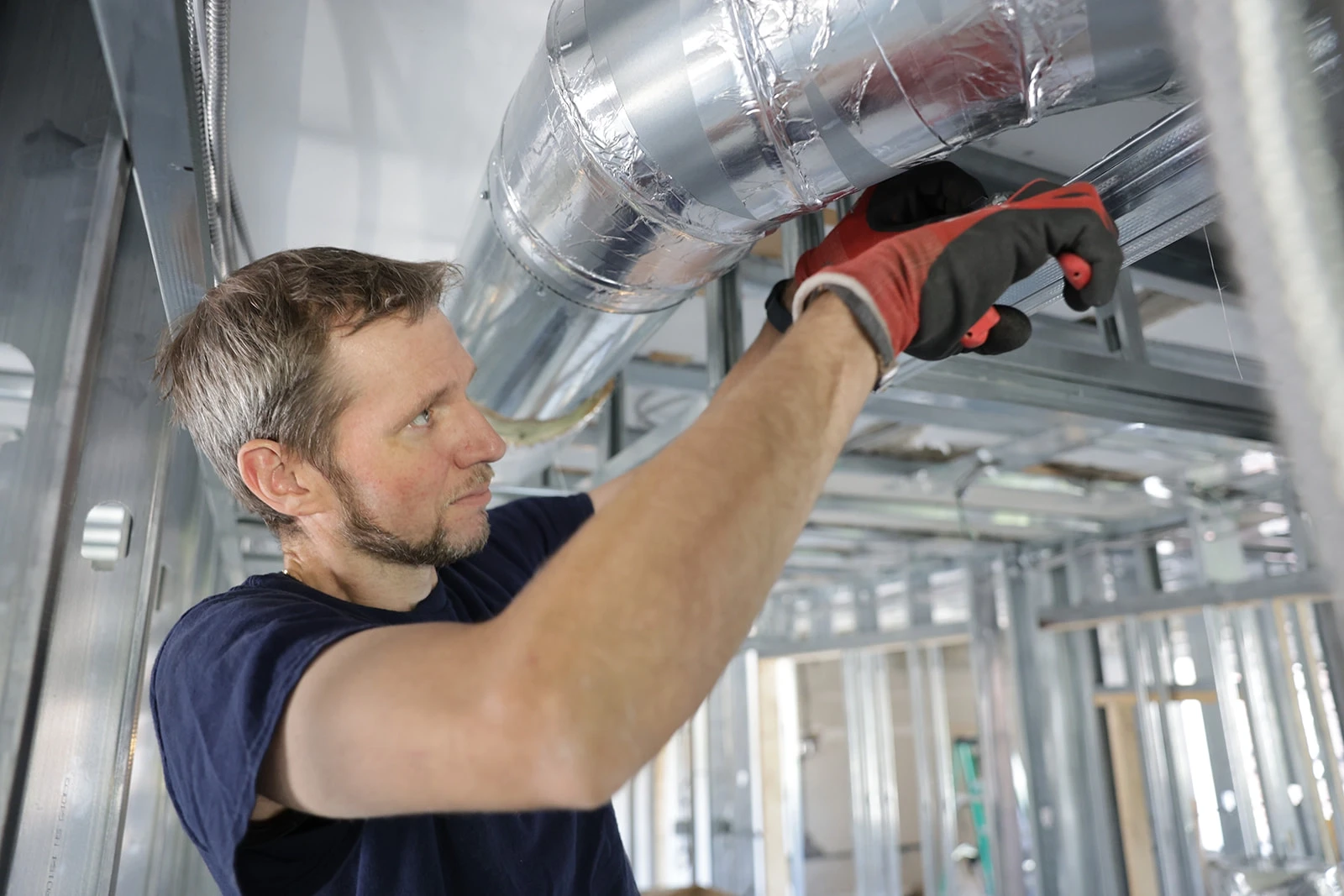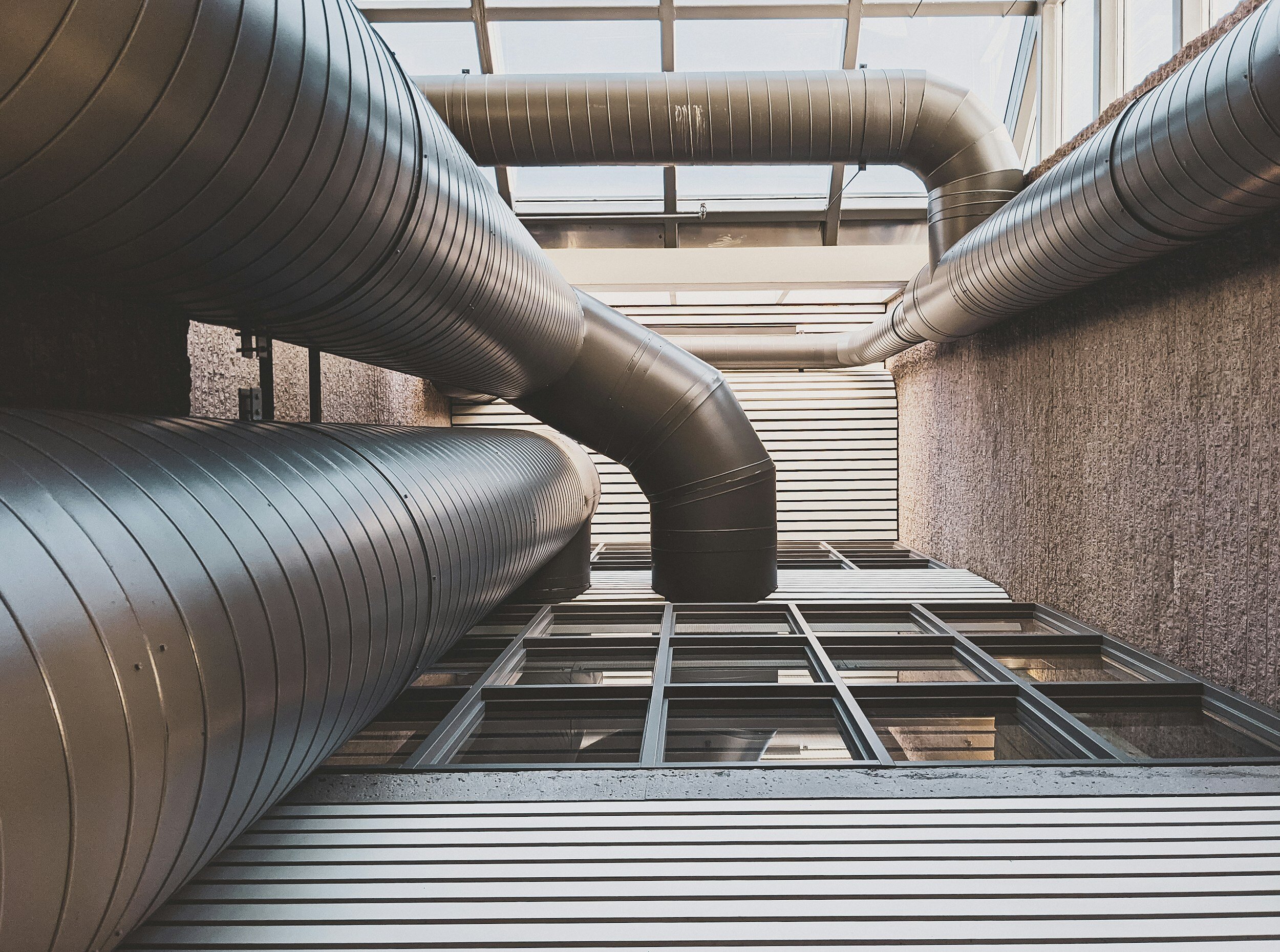Do you notice a persistent musty smell every time you turn on your HVAC system? It’s an issue many homeowners face, and understanding how to get musty smell out of HVAC system can make your home a more pleasant place.

Understanding the Source of the Musty Smell
The first step in eliminating the musty odor is understanding its source. It’s crucial to identify if the smell is due to mold, mildew, or a buildup of dust and debris within your HVAC system. This will guide the cleaning and maintenance efforts effectively.
Common Causes of Musty Smells
Musty smells often arise from a few common sources, including:
- Mold and Mildew Growth: These thrive in humid environments and can often take hold within your HVAC system.
- Clogged Drain Lines: Water buildup from clogged AHU drain lines can lead to musty odors.
- Dust and Debris: Over time, dust and debris can accumulate and trap moisture.
Steps to Eliminate Musty Odors from Your HVAC System
Inspection and Cleaning of Air Filters
The first step in tackling the musty smell is to inspect and clean your air filters. Regularly changing or cleaning filters can significantly reduce musty odors.
Mold and Mildew Treatment
If you suspect mold or mildew, using specialized cleaning agents can help eliminate these growths. It’s important to handle these substances carefully or hire a professional if necessary.
Cleaning the Evaporator Coil
The evaporation coil can often be a haven for mold growth. It is essential to clean it thoroughly to prevent smells from pervading your home.
Drainage System Maintenance
Ensuring your HVAC system’s drainage is clear and functional can prevent the buildup of water that leads to musty odors.
Preventive Measures for Maintaining an Odor-Free System
Regular Maintenance and Checkups
Regular maintenance of your HVAC system, including essential component checkups, plays a vital role in preventing unpleasant odors. Consulting professionals helps identify issues early.
Humidity Control
Control humidity levels in your home to make the environment less conducive to mold and mildew growth. This includes using a dehumidifier if necessary.
Installing UV Lamps
UV lamps can be installed within the system to kill mold and bacteria, providing an additional layer of prevention against musty smells.
When to Call a Professional
Any persistent issues, especially those involving mold and mildew, may warrant professional intervention. Professionals offer comprehensive cleaning and maintenance services.
Additional Resources and Link
For further reading, you can visit the Wikipedia page on HVAC systems to deepen your understanding.

Frequently Asked Questions
What are the signs of mold in the HVAC system?
Common signs include musty odors, visible mold around the vents, and allergic reactions when the system is on.
How often should air filters be changed?
Air filters should typically be changed every 60-90 days, although this depends on usage and specific conditions such as pets and allergies.
What maintenance should be regularly scheduled?
Regular cleaning of air filters, inspection of coils, ensuring the drainage system is functional, and professional checkups are all recommended.
This article contains affiliate links. We may earn a commission at no extra cost to you.






